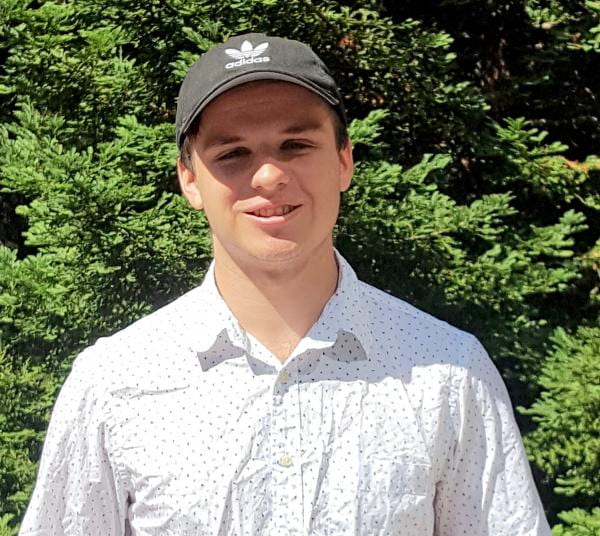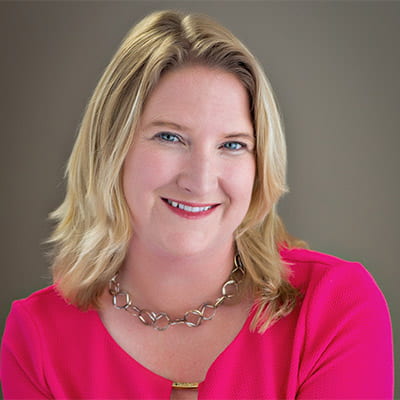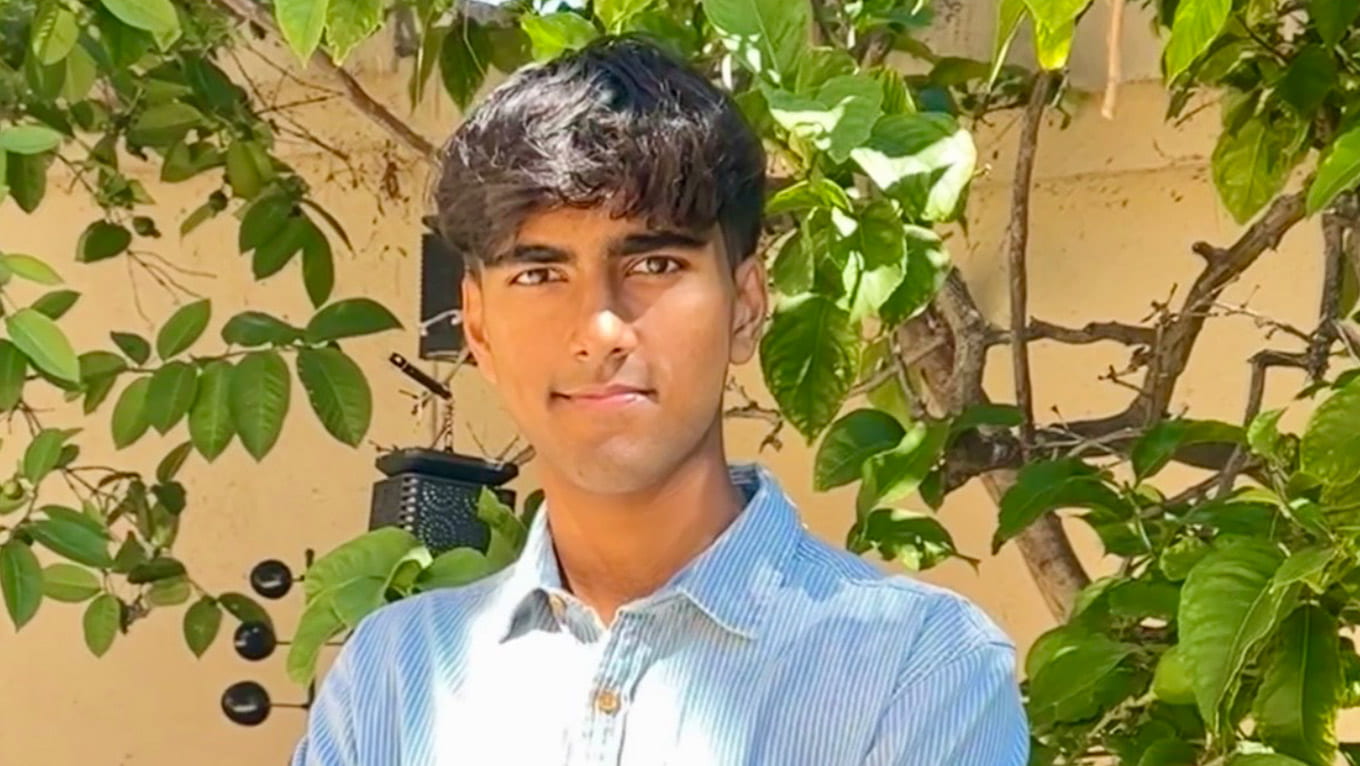Degree Program: B.S., Bioengineering, M.S., Microbiology and Environmental Toxicology
Graduate Institution: UC Santa Cruz
Undergraduate Institution: UC Santa Cruz
Department: Biomolecular Engineering
Hometown: Huntington Beach, CA

“Currently, my project is engineering zymomonas mobilis, a unique organism that has a specific metabolic pathway that helps increase the production of biofuels, specifically ethanol and butanol. Fossil fuels are quickly becoming depleted and are very toxic, so if we were able to find a sustainable synthetic source of fuel, it would be extremely beneficial for overall environmental health.”
Ryan Modlin is an undergraduate alumnus of the Baskin School of Engineering and will be entering a masters program in microbiology and environmental toxicology at UCSC in the fall, where he will be working with BSOE professor David Bernick. This summer he served as the graduate advisor to iGEM while working on three of his own research projects. He spoke with us about his research experience at UCSC, and his newer role mentoring undergraduates.
How did you first get involved in research at UCSC?
My first research project was with the iGEM team last year. iGEM is a team of sixteen undergraduate students with a passion for bioengineering, and last year we engineered a yeast to produce progesterone to act as a synthetic production of birth control for women. The way I got involved was I attended journal clubs, which are weekly meetings where we just throw out a bunch of project ideas in synthetic biology. Over time I became closer with the captains, and then I interviewed to be on the team and I was accepted.
What is your most recent research project?
Currently, my project is engineering zymomonas mobilis, a unique organism that has a specific metabolic pathway that helps increase the production of biofuels, specifically ethanol and butanol. One of the interesting things about this organism is that it is extremely hard to engineer because it has a lot of these things called restriction sites, so currently I am working with my advisor David Bernick to engineer zymomonas mobilis to specifically avoid these sites and hopefully create a biofuel… This project is really important because fossil fuels are quickly becoming depleted and are very toxic to the environment, so if we were able to find a sustainable synthetic source of fuel, it would be extremely beneficial for overall environmental health.
Tell us about your experience as a graduate advisor with iGEM this summer.
I am currently the graduate student advisor for the iGem program, and essentially I act as a mentor and make sure that they have all the tools they have to be successful, that they are safe, and that they are always going in the right direction so that their research is as successful as possible.
I really enjoy it because I like giving back and I like watching people learn. Bioengineering is such a special thing that allows people to do all sorts of crazy projects that have huge potential to help people, so I want everyone to be successful. I got a late start in the research game, but my advisors and mentors helped me become a great researcher in a short amount of time and I want to provide that for my undergrads.
What is your advice to students who want to get involved in research?
My advice to students who want to get involved in undergraduate research is to reach out. Especially with biology and bioengineering in general, professors really like it when you reach out to them and show interest in and passion for whatever they are doing, and so sometimes simply just sending an email asking a question or just talking about what they are doing is all you need to do to get your foot in the door.
What do you love most about studying engineering at UCSC?
What I love about engineering at UCSC is that we have one of the most extremely committed faculty groups in possibly the world. There is not really any other place I know of on campus where you can go to basically any professor in the department and just ask questions and talk to them and have them show interest in what you are saying and genuinely try to guide you to be a better engineer. One of the most fond memories I have had with a professor was after one of my midterms I had done particularly well on, the professor actually reached out to me and told me that I had done a good job and he was proud of me and that I was always welcome to come talk to him. It was one of those moments that made me realize that “wow, they really care about their students.”
What is your dream career?
After I finish my masters here, I hope to go and finish my PhD in synthetic biology. My overall goal is a still a little broad, but I generally want to either have my own startup or move into professor work with a focus on projects that actually make a difference in the world, as opposed to pure science projects.
This block group hides your featured image, remove this block group to show your featured image again.



